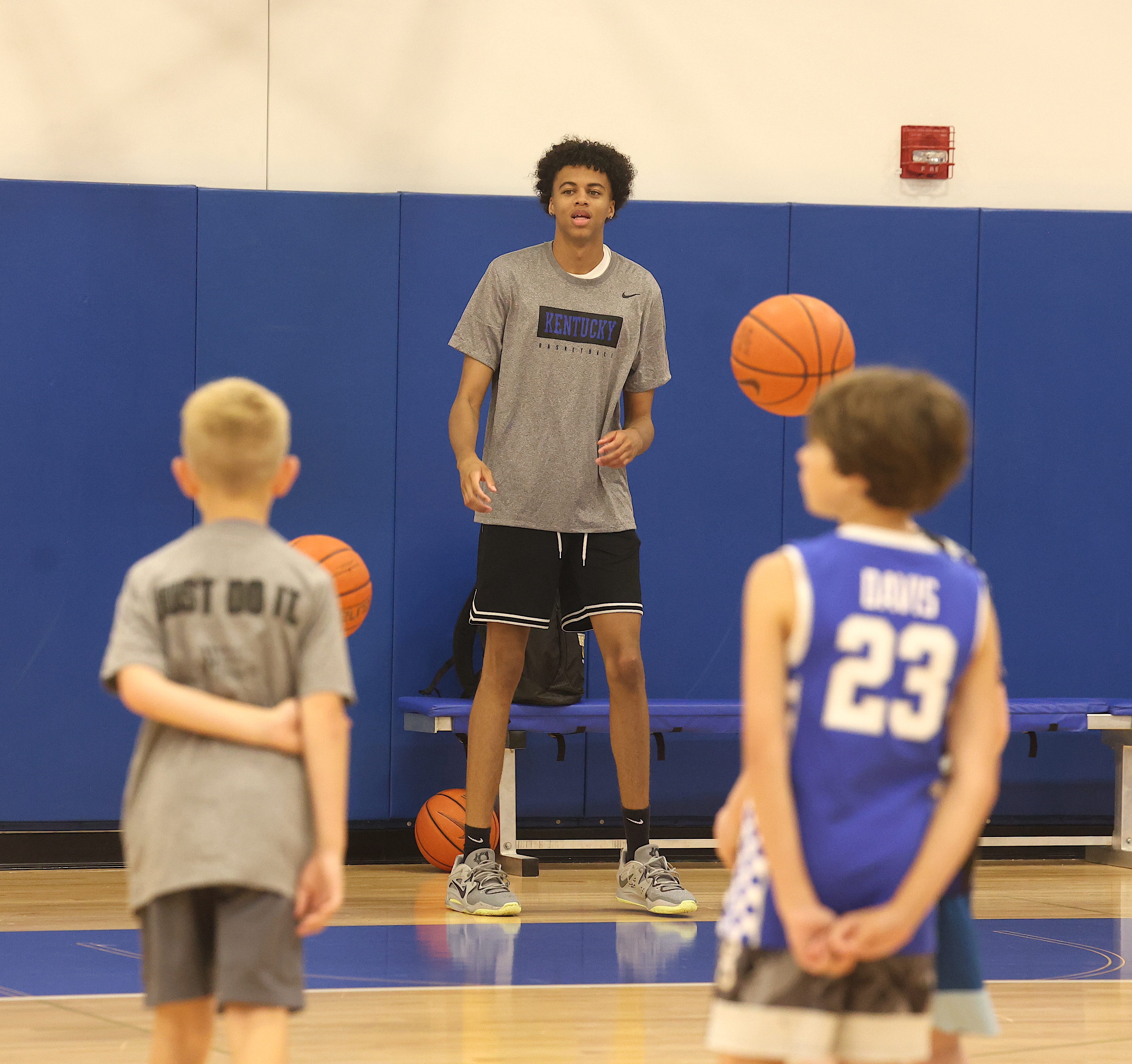FRANKFORT, Ky. (KT) – The U.S. Centers for Disease Control and Prevention (CDC), along with state and local public health officials, are urging people to take healthy steps to protect themselves and others from the norovirus, the leading cause of vomiting and diarrhea, and foodborne illness in the United States.
Often referred to as the “stomach flu” or “stomach bug,” the CDC says it is important to note that norovirus is not related to influenza, which is caused by the flu virus. Instead, norovirus triggers acute gastroenteritis, which results in inflammation of the stomach and intestines.
Most individuals affected by norovirus typically recover within one to three days, but they can continue to transmit the virus for several days after their symptoms subside.
A person usually develops symptoms 12 to 48 hours after being exposed to norovirus. The most common symptoms are diarrhea, vomiting, nausea and stomach pain, but can also include fever, headache and body ache.
Norovirus spreads very easily and quickly in different ways. You can get norovirus by:
–Having direct contact with someone with norovirus, like caring for them, sharing food or eating utensils with them or eating food handled by them.
–Eating food or drinking liquids that are contaminated with norovirus.
–Touching contaminated objects or surfaces, then putting your unwashed fingers in your mouth.
There are measures you can take to safeguard yourself and those around you, including:
–Wash your hands well and often.
–Cook shellfish thoroughly and wash fruits and vegetables.
–Clean and disinfect contaminated surfaces.
–Wash laundry in hot water.
–Stay home when sick for two days after symptoms stop.
The CDC warns you can get norovirus illness many times in your life because there are many different types of noroviruses. Infection with one type of norovirus may not protect you against other types.
It is possible to develop protection against specific types. But it is not known exactly how long protection lasts. This may explain why so many people of all ages get infected during norovirus outbreaks.
Diagnostic methods for norovirus focus on detecting viral RNA (genetic material) or viral antigen. Diagnostic tests are available at all public health laboratories and many clinical laboratories.
According to the CDC, there is no specific medicine to treat people with norovirus illness. Antibiotic drugs will not help treat norovirus infections because they fight bacteria, not viruses.





